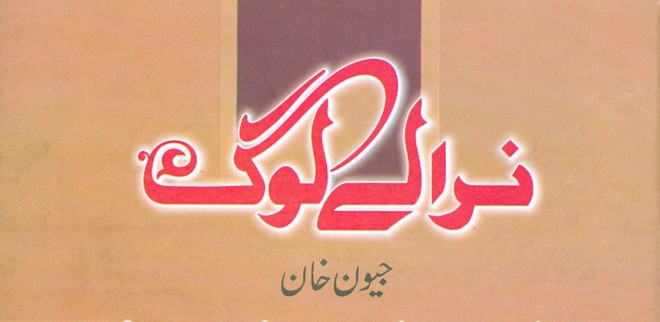
Selfless love for humanity is held dearly for Jiwan Khan in the sketches of people that he has lovingly penned

As probationers in the services in the mid-1970s, we were dispatched to various field training stints while the results of the Final Passing Out (FPO) examination were awaited. Pakistan People’s Party government had initiated massive administrative reforms and our batch, as indeed the first three batches, was treated more like guinea pigs for the frequent changes that were being made in the service structure and its pre-service training. Like all changes no thorough thinking had taken place and it was more like a triumphant announcement of another election promise fulfilled, no matter how shoddily conceived and executed.
I was sent to Kalat but our first port of call was Quetta. There we were received by the Deputy Commissioner over a cup of tea followed by a slightly more formal dinner the next evening at his official residence where the army’s top brass was also invited.
The Deputy Commissioner was Mehr Jiwan Khan. He put us at ease and regaled us with anecdotes and snippets about his experience before and after joining service. He was totally relaxed without the proverbial stiff upper lip or a starched looked and sounded very down to earth. He was jointly involved in a difficult assignment because at that time yet another army action was taking place in Balochistan. Some of the difficulties that he must have encountered then, though not shared in clear terms, can be gleaned or deconstructed from the piece that he had written about Sardar Shahwani.
Balochistan then and now has been a difficult place to rule because there is a massive gap between the federal government and those who wield formal and informal authority in the province. The wide gap has led to misgivings, genuine grievances and total breakdown of the political, administrative and civil structures.
I never met him again while I dragged myself through some years in service till as the principal of the then Administrative Staff College in the late 1990s he made a hilarious speech signalling out the achievements of the late Tanveer Ahmed who was sitting by his side and had cultivated the reputation of being a very colourful bureaucrat.
These two qualities -- humility and humour -- were also found in abundance in the writings of Jiwan Khan, whether it is his autobiography Jiwan Dhara or the sketches of the people that he has penned recently in Nirale Log. There are profiles of a number of characters: some he knew personally, some he saw and some he has only read about.
In the beginning one begins to wonder why personalities that he has never met should be written about because usually it is the personal assessment of the author that makes him or her write about another person. The mere facts of the person’s life are known generally or universally acknowledged given the stature of that person. What is significant is the reason that motivates the writer or influences him to the extent that he is inspired to write about them.
There may be a common thread in the seemingly disparate set of characters that he has chosen to write about, besides humility and a down to earth attitude and the willingness to do public good.
The better sketches are of people he knows personally and admires in some capacity.
Akhter Hameed Khan provided a lot of inspiration to many people and had a particular impact on some members of the bureaucracy. It is possible that Khan, himself a part of the bureaucratic setup who left the service for the cause of public work, became a kind of an example to many and some in the services. Many though not taking the extreme step of saying good bye to the service were by conviction moved to the point where they believed that the end of public service was actually doing public good.
It seems Jiwan Khan too was inspired by Akhter Hameed Khan and wanted to follow his example of doing public service. In some of the sketches like that of Tariq Siddiqi and Shoaib Sultan Khan, two others who were greatly motivated by Akhter Hameed Khan, he appears to be consolidating the complexities of what is meant by public service.
Born in a village he completed his education and then joined the Civil Service of Pakistan in 1965 and retired as a federal secretary. Going through the various sketches, it is possible to graph the journey of Jiwan Khan. His humble beginnings and the people who motivated him like Mian Ji, Ghulam Hussain, the school teacher, college teacher Rizvi Sahib, the various stenographers who worked with him, Dr Nazir Ahmed, principal, Government College Lahore, to finally those who run the world, the selfless love for humanity seems to be something held very dear by Jiwan Khan. It seems to be the only endurable criterion to judge mankind.
Author: Jiwan Khan
Publisher: Peace Publications, Lahore 2014
Pages: 368